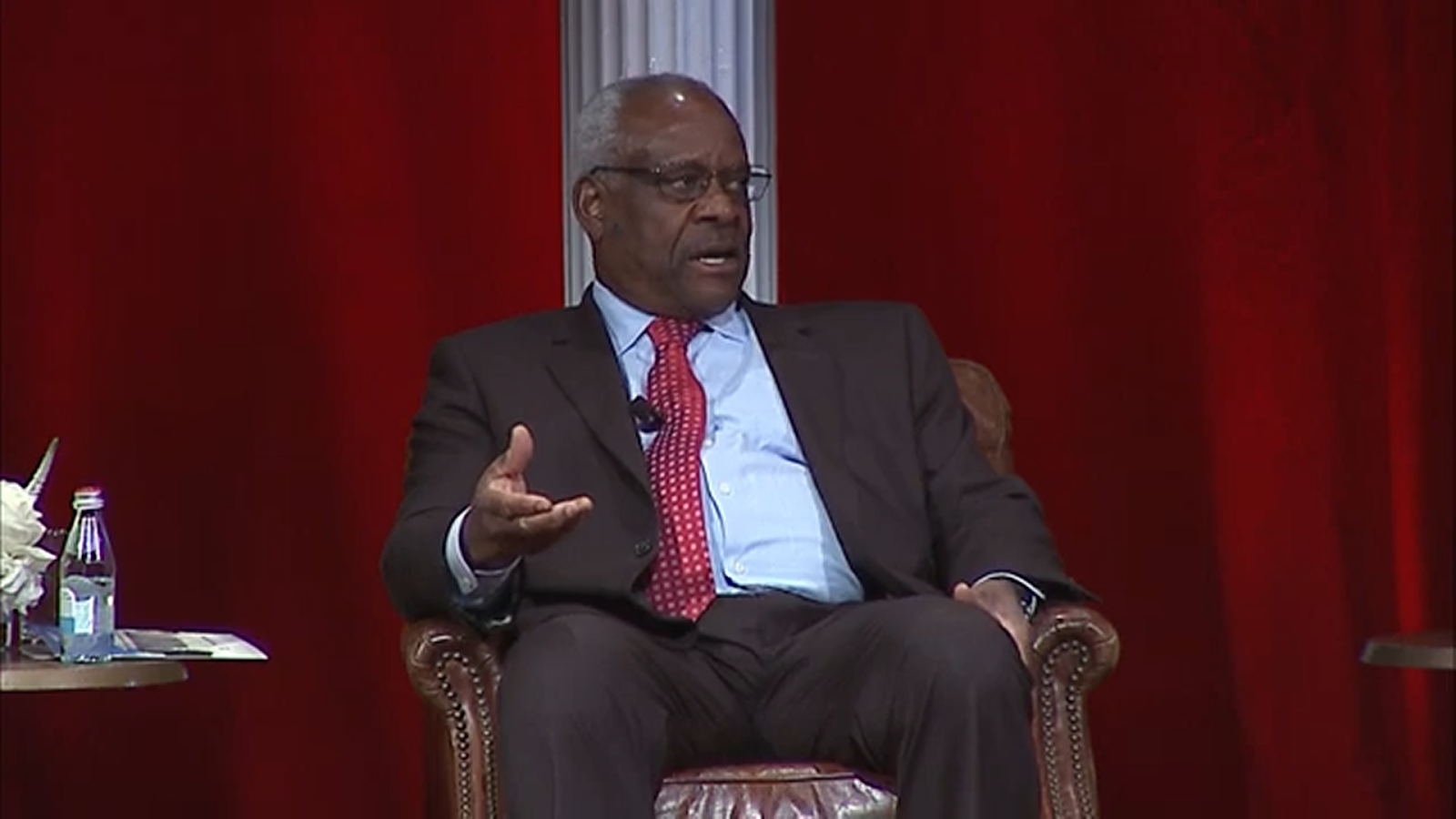Associate Justice Clarence Thomas emphasized the U.S. Supreme Court's duty to adhere to the Constitution rather than outdated precedents during a recent speech at Catholic University Law School. His remarks come amid ongoing debates about the role of stare decisis in judicial decision-making.
Explainer Supreme Court Allows Mississippi's Social Media Age-Verification Law to Proceed
Thomas, the longest-serving current member of the Supreme Court, addressed the importance of critically evaluating past rulings. He argued that the court should not follow precedents blindly, stating, "At some point we need to think about what we’re doing with stare decisis. And it’s not some sort of talismanic deal where you can just say ‘stare decisis’ and not think, turn off the brain, right?"
The justice's comments reflect a broader trend in the court's recent decisions, which have included the overturning of significant precedents such as Roe v. Wade. Critics of these changes argue that they undermine legal stability and the court's role in protecting established rights.
During his address, Thomas likened adherence to stare decisis to a train with many cars, suggesting that new cases can follow old ones without questioning their validity. He remarked, "We never go to the front to see who’s driving the train or where it is going, and you could go up there to the engine room and find out it’s an orangutan."
The justice underscored the necessity for the court to prioritize the rule of law over historical precedents that may not align with constitutional principles. He stated, "I don’t think that I have the gospel... But it should — the precedent should be respectful of our legal tradition, and our country, and our laws."
Thomas's perspective aligns with a growing sentiment among some legal scholars and justices who advocate for a more originalist interpretation of the Constitution. Supporters argue that this approach ensures that the court remains true to the founding principles of the nation.
Conversely, critics, particularly from the political left, have expressed concern that such a shift could lead to the erosion of rights established by previous rulings. They argue that the court's recent actions reflect a departure from its traditional role as a protector of individual liberties.
Historically, the Supreme Court has revisited and overturned precedents when deemed necessary. For instance, the 1896 decision in Plessy v. Ferguson upheld racial segregation under the doctrine of "separate but equal," a ruling that was later overturned by Brown v. Board of Education in 1954. Thomas's remarks suggest that the court must remain vigilant in ensuring that its decisions reflect constitutional values rather than outdated legal doctrines.
As the Supreme Court continues to navigate complex legal questions, Thomas's call for a reevaluation of stare decisis may influence future deliberations. His insistence on constitutional fidelity over adherence to precedent could shape the court's trajectory in the coming years, particularly as it addresses contentious issues that resonate with the public.
In conclusion, Justice Thomas's recent comments highlight an ongoing debate within the Supreme Court regarding the balance between respecting established precedents and upholding constitutional principles. As the court faces new challenges, the implications of his perspective on stare decisis will likely continue to be a focal point in discussions about the judiciary's role in American democracy.
Why it matters
- Justice Thomas advocates for prioritizing the Constitution over outdated precedents, reflecting a significant shift in judicial philosophy.
- His remarks highlight ongoing debates about stare decisis, which could influence future Supreme Court decisions.
- Thomas's perspective aligns with a growing originalist sentiment, raising concerns about potential erosion of established rights.
What’s next
- Legal scholars and advocates may push for discussions on stare decisis in upcoming court sessions.
- Watch for potential challenges to recent rulings as the court addresses contentious issues.
- Expect increased scrutiny of the court's decisions regarding individual liberties in future cases.
